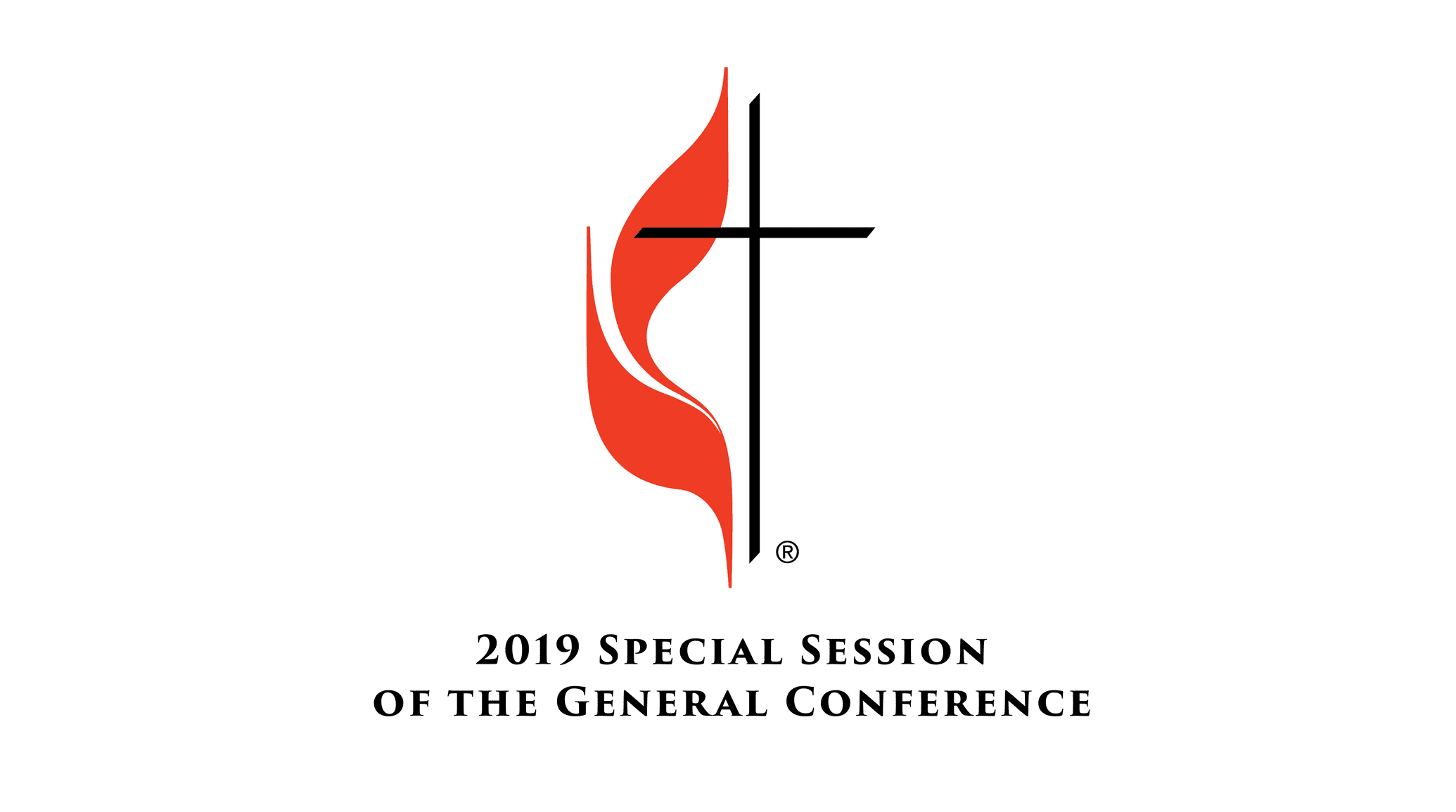I’ve been glued to my computer watching the live stream of the United Methodist Church’s General Conference on A Way Forward which was intended to clarify and deal with the question of LGBTQ ordination, marriage, and acceptance within the worlds 3rd largest Christian denomination. Over these last 3 days, I’ve been unable to stop watching, tweeting, and crying about the proceedings as I consider the impact they will have on LGBTQ people around the world and in communities like mine.
While I don’t believe that the Methodist church is in any way special, many do – and in communities like mine, small, rural, traditionally minded – it is often seen as a safer alternative with a more open minded approach to human sexuality than the Southern Baptist Church. That being the case, the LGBT community has a tradition and a home in the United Methodist Church – a home that, assuming the Traditional Plan is ratified – becomes hostile to them according to the letter of the law.
What is the Traditional Plan
The Traditional Plan essentially leaves the language which forbids practicing homosexuals from entering the ministry and furthermore establishes a body to enforce those rules. While it is surely more complex than I’m making it, the church is more or less doubling down on it’s older stances to ensure that they neither ordain nor provide sacraments (marriage services, for example) to “practicing” homosexuals. One plan, the Simple Plan, removed that language entirely – while another allowed for each individual church to decide on it’s own how it would proceed. Those plans did not move on to plenary session – though they were discussed and fought for heavily during the plenary.
Africa and Russia
The United Methodist Church, unlike many mainline protestant denominations, has global representation and their governing body works much like parliament – representatives from smaller conferences are brought in to the general conference in order to vote on these matters rather than having their rules handed down to them by a governing body without their input.
That sounds well and good, but this time the African and Russian delegation has been more prominent. Note, if you will, that many countries in Africa outlaw homosexuality like Russia. Why? Africa’s Methodist church has been growing and its delegation is working with the intent of keeping LGBT clergy out of its church. Russian delegates are working with much the same mindset. The likelihood of the Traditional plan passing in the North American delegates, were they alone counted, is very low – and the African delegates are using their status as 30% of the delegation to control the session. One pro LGBT delegate informed the delegation that the rumors of collusion and bribery had been making their rounds at the conference, and should be investigated. I guess we’ll see how that goes.
Country Church, City Church
Larger cities will always contain within them outliers of Christianity which uphold values of inclusion and grace. Smaller towns in the Deep South are not so inclined, unfortunately. However, it remains true that sometimes people who are gay are also Christians – and sometimes people who are Christians are also gay. Sometimes those people are born in communities like mine where there is little positive visibility of LGBT people and no declarative safe space for them to worship without fear of being accosted on the subject of their sexuality. In larger cities it may be easy to find an Episcopal congregation or a Unitarian Universalist congregation that fits your needs, here – you’ve got an hour + drive for that sort of sanctuary and fellowship.
My hope was that the United Methodist Church could seize this opportunity and become that safety for LGBT believers in communities that look like mine as there are Methodist churches in nearly every small town.
LGBT Christians need a spiritual home – and I believe that they’ll build it in the aftermath of the schism soon to come to Methodism, but the United Methodist Church isn’t that place and I’m afraid it has lost the opportunity to become it.
My thoughts are with you and I grieve with those of you hurt by your church.

